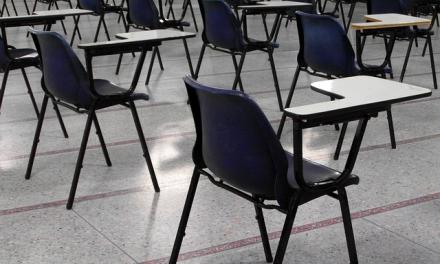Last week saw the news that Ofqual had “launched a conversation with the public on how standards should be set for new GCSEs.”
September 2015 will see the introduction of teaching for these new GCSEs for Maths, English Language and English Literature, to be awarded in 2017. It was also announced in October that “mathematics, alongside English, will be double weighted in secondary school performance measures from 2016”
The new GCSEs for other subjects such as science, history, geography, and languages are proposed to begin teaching in September 2016 for assessment in 2018.
The new GCSE shake-up will include the replacement of A-G grades with a 1-9 numbered scale, with 1 for the lowest performers and 9 for the top performers; thought to be “awarded to only half the pupils now achieving an A*”
Attention is currently focused on how this will be implemented and ensuring teachers have a full understanding of all that will be involved with the new changes for GCSEs:
Teachers have been clear that they want to know, above all else, what grade in the future will equate to the current grade C and what this will mean for the accountability measures – how schools are held to account. Ofqual proposes to anchor the current grade C to the new grade 4. This means that broadly the same proportion of candidates will achieve a grade 4 or above as currently achieve a grade C or above.
Teachers, students, parents, employers, higher and further education school leaders and teachers are strongly encouraged to share their views and ideas about the changes. Ofqual Chief Regulator Glenys Stacey stated:
“It is vital that people engage with these issues, as many will need to think about how they will use the new grading structure to make decisions about students applying for work or education opportunities. And we will be working hard to help them understand the new system as 2017 approaches.”
What do you think about the new 1-9 levels of performance for the new GCSEs? Share your views!










